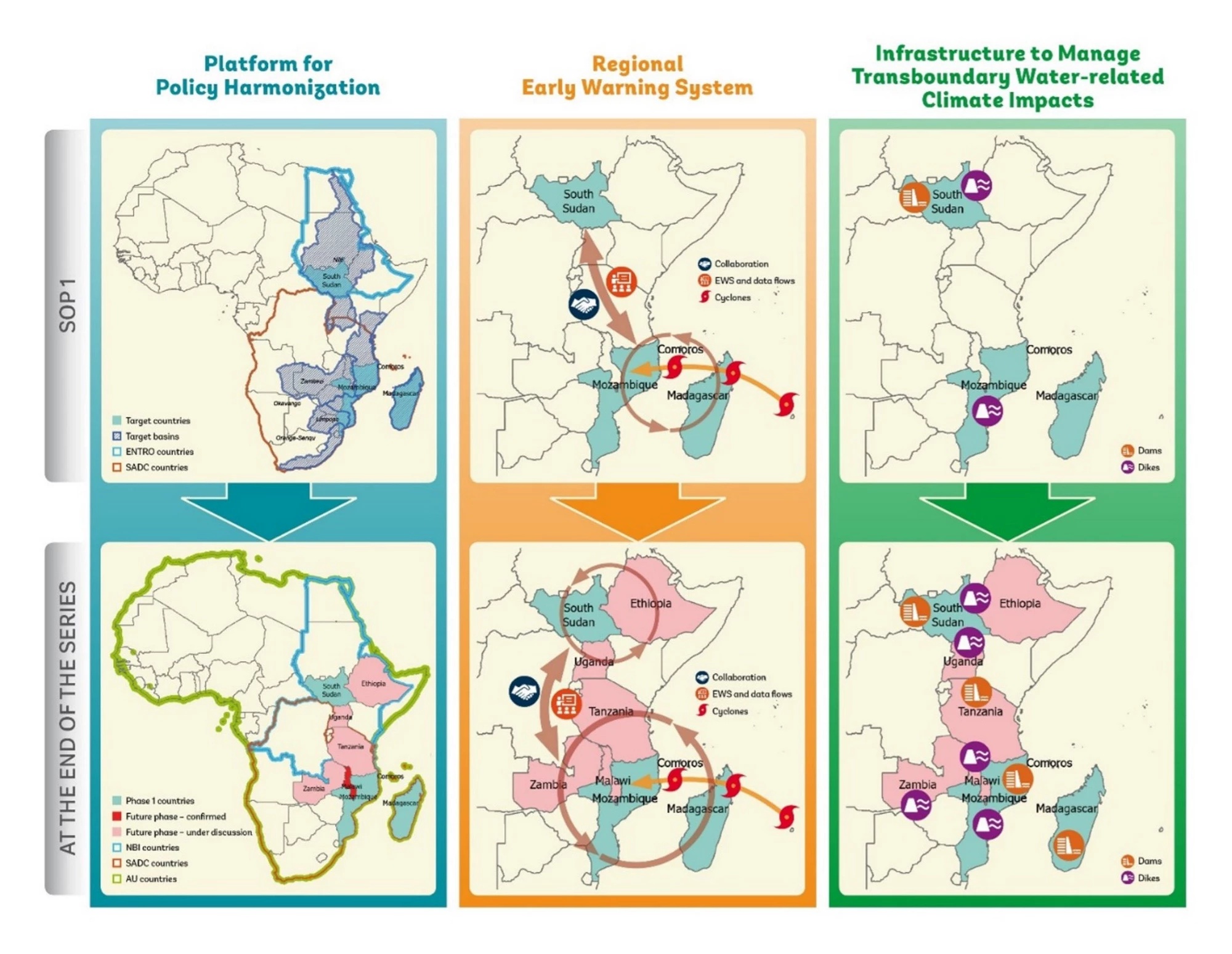 Photo by Bernard Mwape / Shutterstock
Photo by Bernard Mwape / Shutterstock
When Zambia reported its first case of COVID-19 on March 18, 2020, it was not surprising that tuberculosis (TB) services were rapidly affected. Infectious disease management in general suffers during specific disease outbreaks, as has been seen during past cholera outbreaks in the country. With the spread of COVID-19 and the increased stringency of pandemic containment measures in the first half of 2020, TB case notifications inevitably started to fall in Zambia due to restrictions on patient movement and decreased access to essential health services.
Given the country’s own experience as well as global evidence of the impact of pandemics on health services, the Zambia National TB Control Program took swift action—paying more attention to data and focusing on solving problems through a weekly virtual “TB Situation Room” launched in May 2020 and still running in 2023. This management intervention proved to be both timely and valuable, given the reach and duration of the COVID-19 crisis. It helped Zambia to remain on track in identifying problems and actions to maintain momentum on addressing its TB-related public health goals.
The virtual TB Situation Room platform serves to connect the National TB Control Program with all province and district based TB coordinators. The regular meetings are well attended with staff from across the country, and allow weekly data monitoring, early identification of issues, focused resolution of problems in a timely manner, and cross-provincial comparison and knowledge exchange. More information on how Zambia went about setting up this platform and the types of information shared can be found in this quick brief, produced under the World Bank supported Regional Integration-Southern Africa Tuberculosis and Health Systems Support Project (SATBHSSP).
According to the WHO, there was a global decline of 18% in the number of people newly diagnosed with TB and reported to national authorities between 2019 and 2020, followed by a partial recovery in 2021. This came on the heels of large increases in case notifications between 2017 and 2019. Against such a global context, Zambia has registered very significant year-on-year achievements in maintaining its increasing trend in case notifications, as the figure below shows.

In fact, the country recorded its best performance ever on TB management at the beginning of the pandemic, with an 8% increase in TB case notifications from 36,866 in 2019 to 40,756 in 2020, and a sustained treatment success rate at 90%. Further, the treatment success rate for Multidrug Resistant-TB (MDR-TB) increased from 72% in 2019 to 78% in 2020. While more effort is needed on bacteriological confirmation of pulmonary TB cases, GeneXpert utilization (rapid diagnostic test for TB) in Zambia increased by nearly 42% between 2020 and 2021.
Beyond the pandemic, Zambia intends to continue this successful virtual tool, together with routine quarterly face-to-face sessions, enabling a hybrid and strengthened management model for the future.
The SATBHSSP strengthens and connects various dimensions of the regional fight against TB across four countries—Lesotho, Malawi, Mozambique, and Zambia—and with the strong engagement of two regional entities, the East, Central and Southern Africa Health Community (ECSA-HC) and the African Union Development Agency New Partnership for Africa's Development (AUDA-NEPAD), as well as the cooperation of other international organizations (International Union Against TB and Lung disease, World Health Organization, Africa Centers for Disease Control and Prevention, Southern African Development Community, US Centers for Disease Control and Prevention, International Labour Organization, National Institute for Occupational Health, the Medical Bureau for Occupational Diseases from South Africa, and the Global Fund in the mining sector.






Join the Conversation